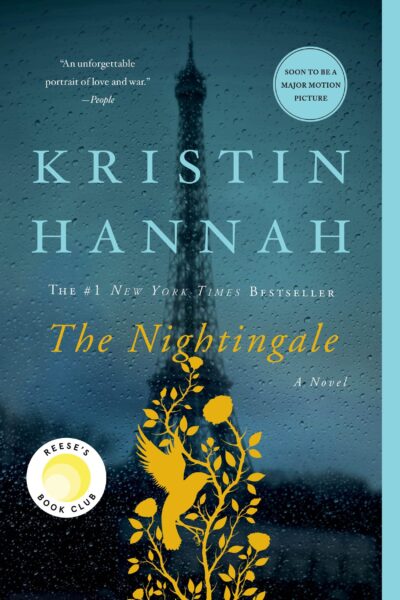Chapter 22: War, Survival, and the Cost of Resistance
byWar had cast a long shadow over Paris, leaving destruction and uncertainty in its wake. Returning from the Vizniaks’ ransacked apartment, Isabelle found her father slumped in a chair, deep in a drunken slumber. The smell of stale alcohol filled the air as she nudged him awake, handing him a cup of bitter coffee in an attempt to sober him up. Their conversation was laced with tension, a reflection of the strained relationship they had shared for years. Despite the silence between them, the weight of unspoken emotions, intensified by the war, pressed heavily on Isabelle’s chest, but she chose not to linger in the moment. Restlessness gnawed at her, preventing sleep from taking hold, and she felt an urgent need to understand the worsening situation in Paris.
Stepping into the cool night, Isabelle wandered through the darkened streets, her senses heightened by an unshakable feeling of dread. The quiet hum of the city was overshadowed by distant murmurs and the occasional bark of orders from soldiers patrolling the streets. She turned a corner and was met with a heart-wrenching sight—lines of buses filled with terrified mothers and their young children, their faces pale with fear. The realization struck her like a physical blow: they were being transported to the Vélodrome d’Hiver, a sports stadium now transformed into a grim holding site for Jewish families. A policeman, his face weary with regret, warned her to leave, whispering that anyone seen too close might be mistaken for a sympathizer and shot on the spot. But the horror unfolding before her demanded to be seen, and despite the threat, she inched closer, driven by an overwhelming need to bear witness to the cruel fate of these innocent people.
Miles away in the countryside, Vianne faced an entirely different but equally perilous reality. With winter approaching, she meticulously rationed their dwindling food supply, ensuring Sophie had enough to eat despite their growing scarcity. Seeking comfort in familiarity, she visited Rachel, her closest friend, who had once lived a peaceful, untroubled life before the occupation. Now, Rachel’s home had become a prison, her every move dictated by the fear of discovery and persecution. Over the fragile comfort of shared food, the two women whispered about the increased German presence in Carriveau, their voices heavy with unspoken fears. That evening, Beck, the German officer stationed in Vianne’s home, approached her with an unusual urgency in his expression. He warned her of an impending roundup targeting Jewish families, his voice low and urgent as if he, too, carried a burden of guilt.
Despite her instinctual distrust of Beck, Vianne couldn’t ignore the sincerity in his warning. She rushed to Rachel, pleading with her to leave immediately, to find shelter where the soldiers couldn’t reach her. Rachel hesitated, torn between the reality of leaving everything behind and the danger that came with staying. With time running out, Vianne made the difficult decision to put Sophie into a deep sleep with a mixture of warm milk and a sleeping draught, ensuring her daughter wouldn’t wake up in the middle of the night and jeopardize their plan. Meanwhile, Beck, his usual stoic demeanor shaken, confided in Vianne about his growing disillusionment with the war, exposing a rare vulnerability that left her momentarily speechless.
Under the cover of darkness, they made their move. Rachel clutched her children tightly as they hurried toward the hidden passage that would lead them away from danger. The tension was suffocating, every shadow a potential threat, every sound a reason to panic. But just as hope flickered in their hearts, tragedy struck. A burst of gunfire shattered the stillness, and before Vianne could react, Rachel’s daughter, Sarah, collapsed to the ground, her small body lifeless. The air was filled with Rachel’s anguished screams, the sound slicing through the night like a blade. Vianne fell to her knees, her hands trembling as she reached for the child, but there was nothing more to be done.
In the quiet aftermath, Rachel and Vianne buried Sarah beneath the apple trees, the very place where the children once played without a care in the world. The cold earth felt foreign beneath Vianne’s hands as she helped cover the small body, her mind reeling from the irreversible loss. Rachel, her eyes hollow with grief, clung to Vianne, the weight of their sorrow pulling them both into a silent understanding—there was no safety left, no innocence to shield them from the cruelty of war. As dawn broke over Carriveau, the reality of their new existence settled heavily on their shoulders. Their survival depended on choices neither of them ever imagined they would have to make.
The horrors of war had finally reached their doorstep, leaving them forever changed.


